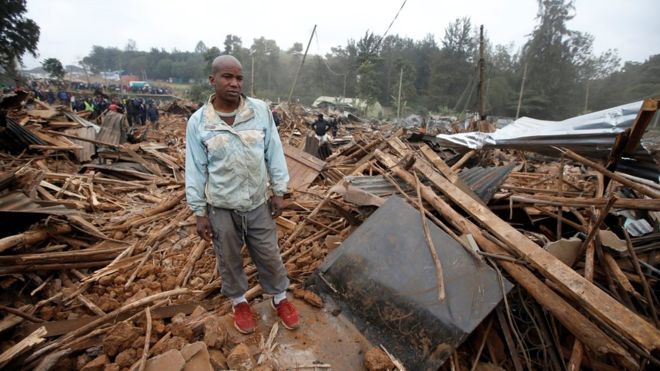
In the sweltering afternoon on the beach of Chorkor, a slum along the Atlantic Coast of Ghana, two playful boys were competing in a race; breathing uncontrollably. The front runner, with short legs that could carry him faster, paced up and he landed on a soft black polythene bag. Something yellowish oozed out and splattered his legs. He dashed some few metres screaming “feee” in the Ga language meaning faecal matter!
I observed him run into the sea to wash the probably hot substance off his legs. His friend, who was metres behind, overtook him, laughing uncontrollably but within seconds he also rushed into the sea to wash his legs. He too, had stepped on a “landmine”. The two boys would probably not wash their hands with soap before eating and may be infected with cholera or form part of the over 2,100 children who die yearly because of preventable diarrhea according to Water Aid Ghana.

This is how I welcome you to the Chorkor beach where you have no choice but to tread cautiously else you land in fecal matter. Chorkor is densely populated and on the verge of exploding yet many houses do not have toilets forcing residents to use public toilets. It is dehumanizing to see people stand in long queues squeezing their bums and calling out loudly to people in toilets to “hurry up” so they can take turns to ease themselves.
Unfortunately, many residents of Chorkor who are not patient to wait their turn run to the beach to defecate openly contributing to the 1 million people in urban Ghana who practice open defecation according to UNICEF and WHO joint research.
FILTH AND FISH
Instead of the people relaxing on the beach, heaps of filth adorn what should have been a beautiful coastline, forming a wall while thick sludge ooze from it. Adults set very bad examples for children as they hunker down easing themselves without any shame. Children also join in, and afterwards play in the same sand where they defecated. On hot days, many children gleefully swim in the ocean which is also polluted with unmentionable properties.
The end result is sanitation disease outbreaks. Chorkor has always contributed to Ghana’s shameful cholera mortality and grim statistics. Ghana’s College of Physicians and Surgeons faculty of public health reports that Accra recorded about 20,500 cases of cholera between June 2014 and February 2015 out of which 121 persons died. Yet the people of Chorkor show no sign of change.
I observed many people dumped solid and liquid waste on the beach and I got a surprising response when I inquired why they do that- “Do you sleep here? Do you live here? Why do you want to tell us what to do”? These were some responses I received from the people. Aside lack of refuse containers on the beach, poor sanitation practices in Chorkor is as a result of the almost incorrigible habits of the residents.
Nii Koi Lartey, a fisherman told me, the people of Chorkor stopped defecating and dumping of refuse on the beach when city guards patrolled the beach. Obviously, they could not stay there forever, so the people revived their bad practices.
“Now we are feeling the full effect of dumping rubbish into the ocean. Anytime we cast our net we don’t catch fish rather we catch filth. Our big canoes fill up with filth. We have been warning people to stop the act but they failed to listen,” he lamented.
Nii Koi added that sometimes they drag nets over feces spread all over shore. Clearly, fish caught in such an environment are not healthy for consumption. Such complains should be enough to deter residents from easing themselves on the beach yet the practice continues.
The fishing business has therefore taken a nose dive. Fishermen who are serious about having a big catch spend more money to buy fuel in order to navigate deep waters. Nii Koi is worried poor sanitary conditions would eventually kill their dwindling fishing industry. That would mean no jobs which will contribute to Chorkor’s already high unemployment rate.

Low catch has therefore compelled Fish mongers to rely on imported frozen fish to survive. Women no longer rely on fishermen for fish rather they turn their attention to cold stores.
It is apparent that poor sanitation at the beach does not only affect the health of the people but gradually it is stealing their livelihood.
A 2015 joint UNICEF and WHO research suggests that Ghana is the worst country for urban sanitation in West Africa and number 4 in Africa where 80% of people in urban areas live without toilets in their homes. The Government of Ghana urgently needs to have a second look at the country’s worsening sanitation crisis and find a permanent solution. The Accra Metropolitan Assembly has many sanitation bylaws and even sanitation courts to punish offenders but it is evident none is working. In 2013, government instituted National Sanitation day once a month for citizens to clean up yet the problem failed to go away. Bad attitudes die hard and if government is serious about sanitation then it should implement the laws by clamping down on landlords who fail to provide toilets for tenants. The government should also strategically provide litter bins in villages, towns and cities across the country.


